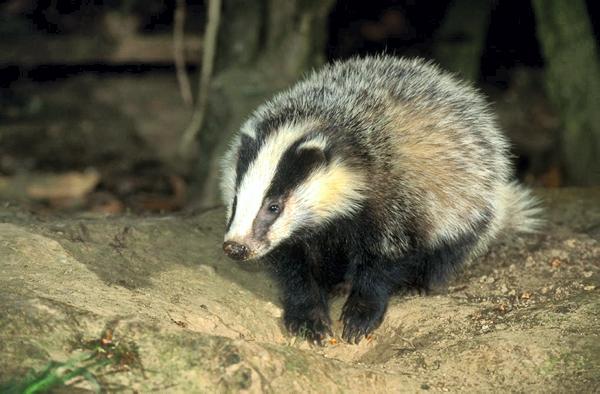It has taken a long time, but it now seems that officials in DAERA are serious about tackling the reservoir of TB in the local wildlife population, and specifically badgers.
But positive and meaningful action on the ground will be crucial if farmers are to give any credence to the wide-ranging eradication plan as set out in the DAERA consultation released last week.
It came with a number of proposals that will add significantly to the already burdensome TB testing regime. It also puts further costs on to farmers by way of reduced compensation for reactor animals, and suggests that farmers should pay for one herd test per year. For a farmer with 100 cattle, the potential cost is £302. For someone with 500 cattle this rises to £1,212. It is an annual charge of close to £5m on the NI livestock industry. Add in an estimated £4.8m of savings from reduced compensation and it would leave government coffers nearly £10m better off. Of course, it should be pointed out that these figures are indicative, and ultimately it will be for a minister to decide on any new charging or compensation arrangements.
It should also be acknowledged that a targeted badger cull, or a badger vaccination programme in the area surrounding a cull zone, does not come for free.
In 2015, in the fourth year of a badger vaccination programme in Wales, the cost came out at £825 per vaccinated badger.
In England, when a much more widespread cull took place in 2016, the cost to government still stood at £496 per badger removed. In previous years, costs had been as high as £7,250 per badger culled, and including significant policing costs. In NI, farmers will be expecting DAERA to deliver significantly better value for money than that, but it highlights one of the major challenges that lie ahead. Eradicating bovine TB will be a long and costly battle, and a high price to pay for failed government policy and political indecision over many decades.






 This is a subscriber-only article
This is a subscriber-only article










SHARING OPTIONS: